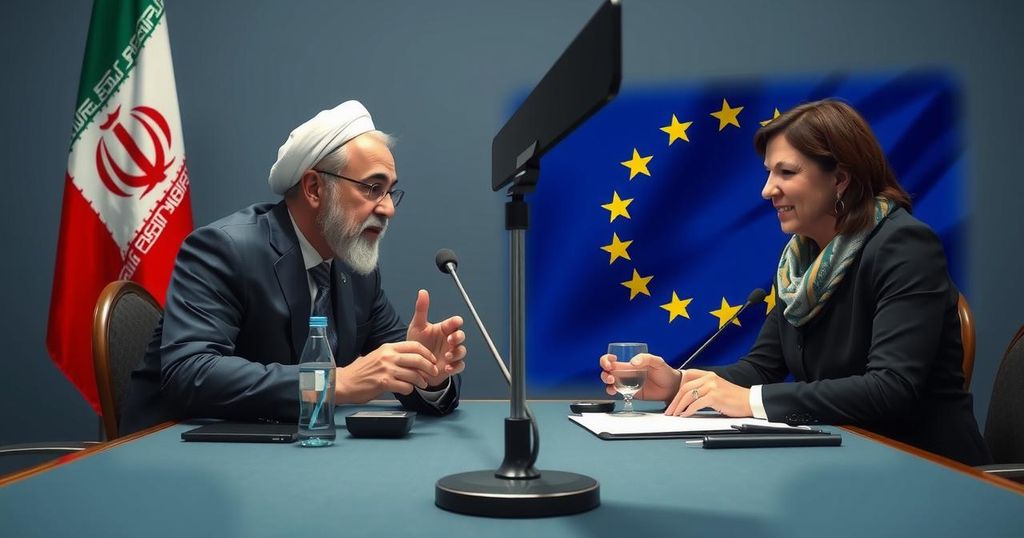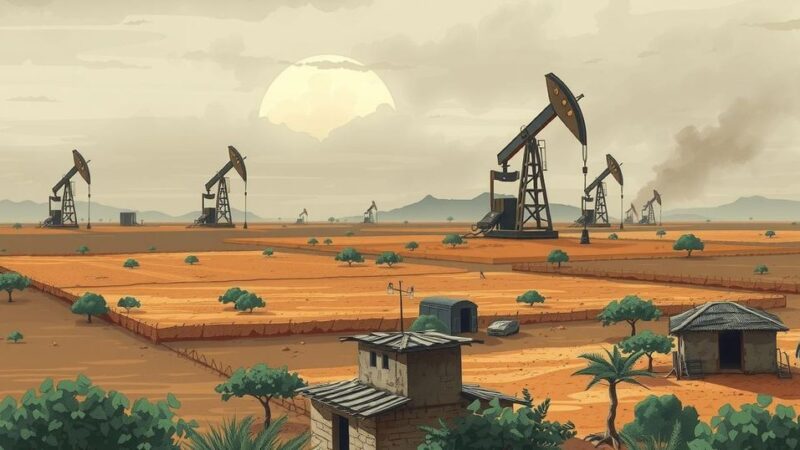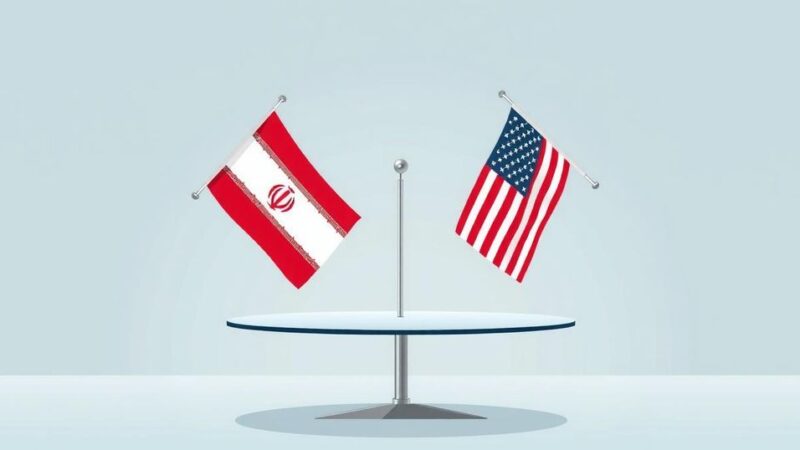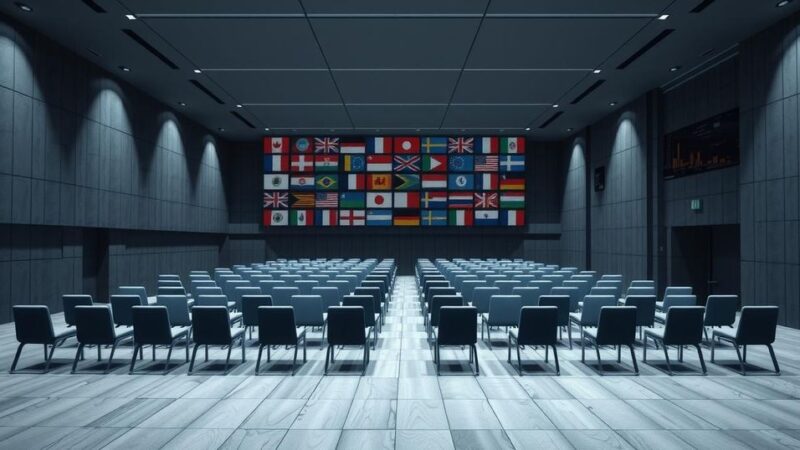Iran and European powers engaged in constructive discussions about Tehran’s nuclear program amidst renewed scrutiny as U.S. President-elect Donald Trump prepares for office. The dialogue covers sanctions relief and regional security, reflecting the pressing need for diplomatic solutions amid mounting tensions regarding Iran’s nuclear activities.
Iran and three European powers engaged in “frank and constructive” discussions regarding Tehran’s nuclear program ahead of the upcoming inauguration of U.S. President-elect Donald Trump. Following a previous encounter in November, this meeting notably involved Iranian Deputy Foreign Minister Majid Takht-Ravanchi and counterparts from Britain, France, and Germany, known collectively as the E3. While specific details about the discussions remained undisclosed, both parties acknowledged the importance of these dialogues and agreed to continue them.
The current focus of the talks encompasses broader issues, including sanctions relief and regional stability. Iranian officials emphasized the importance of creating a conducive atmosphere for further negotiations. In a statement post-meeting, Gharibabadi remarked on the serious nature of the discussions, while E3 representatives echoed similar sentiments regarding the need for a diplomatic resolution to ongoing tensions relating to Iran’s nuclear ambitions.
The backdrop of these negotiations is significant, particularly as Iran’s nuclear program has gained renewed attention with Trump’s return to the presidency, coupled with frustrations expressed by European nations over Iran’s non-compliance with previous agreements. As talks progress, European officials and Iranian leaders alike stress the urgency of establishing a framework to resolve the prevailing issues surrounding the nuclear program and sanctions.
The Iranian nuclear program has been a focal point of international diplomacy for several years, largely due to concerns about Tehran’s potential development of nuclear weapons. The 2015 nuclear deal, known as the Joint Comprehensive Plan of Action (JCPOA), aimed to curb Iran’s nuclear activities in exchange for the lifting of various economic sanctions. However, the U.S. withdrawal from the deal in 2018 under then-President Trump led to heightened tensions and Iran’s subsequent non-compliance. Amidst this backdrop, European powers continue to seek a diplomatic resolution, urging Iran to adhere to its commitments while addressing their concerns regarding uranium enrichment levels. The recent talks signify continued efforts to revive negotiations and address evolving regional dynamics.
In summary, the recent negotiations between Iran and the E3 countries underscore a collective recognition of the need for dialogue in addressing Iran’s nuclear program and associated sanctions. Both parties have characterized the discussions as constructive, with a shared commitment to pursue further dialogue towards a diplomatic resolution. As these talks unfold, the international community closely monitors developments, emphasizing the critical nature of maintaining non-proliferation standards and fostering stability in the region.
Original Source: www.euractiv.com






